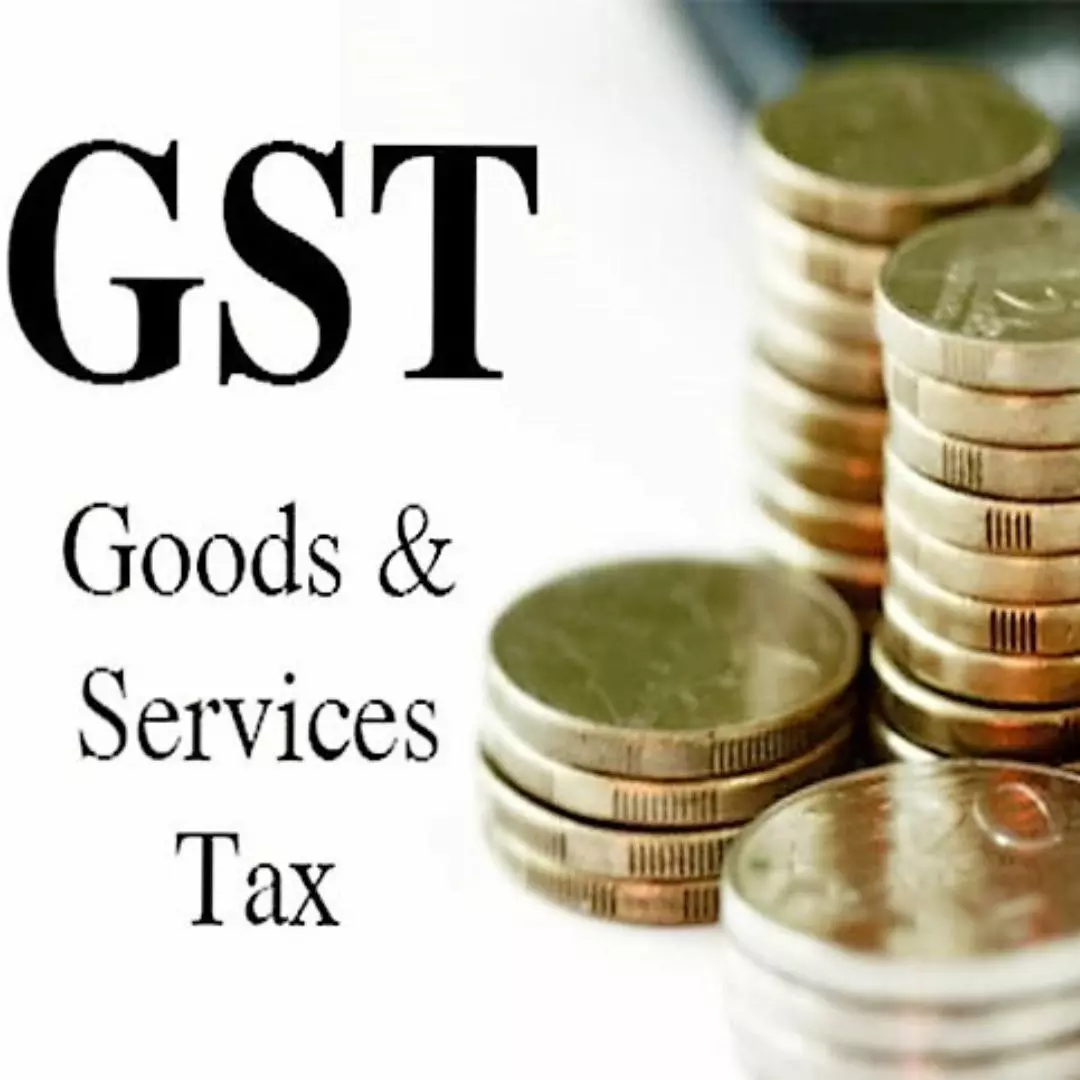In a significant move, the GST Council made key decisions regarding tax rates on various sectors during its 50th meeting held on Tuesday. The council decided to impose a maximum tax rate of 28 percent on the entire face value of bets in online gaming, casinos, and horse racing. Additionally, adjustments were made to the definition of utility vehicles for tax purposes, and the tax on food and beverages sold in multiplexes was reduced.
Furthermore, certain exemptions were introduced, including the exemption of GST on the import of the cancer drug Dinutuximab, medicines for rare diseases, food for special medical purposes (FSMP), and satellite launch services provided by private operators.
Under the revised tax structure, food and beverages consumed in cinema halls will attract a GST of 5 percent, aligning it with the levy charged in hotels and restaurants, rather than the previously high rate of 18 percent imposed by cinema halls in many cases, reported Deccan Herald.
The definition of utility vehicles was adjusted to determine the applicability of a 22 percent cess in addition to the 28 percent GST rate. The cess will be imposed on utility vehicles with an engine capacity of 1,500 cc and above, a length of 4 meters and above, and an unladen ground clearance of 170 mm.
Addressing concerns about the taxation of online gaming and casinos, Finance Minister Nirmala Sitharaman clarified that the decision to levy the maximum tax rate was not intended to undermine the industry but was based on the consideration of a “moral question.” She further explained that the tax was imposed on the value created and the profits generated from wagers. The regulatory aspect of online gaming is being examined by the Ministry of Information Technology, while the GST Council’s decision was solely focused on taxation.
The tax levied on online gaming companies will be imposed without differentiation based on whether the games require skill or are based on chance.
Gaming Bill In Tamil Nadu
Governor RN Ravi has given his approval to a significant bill that aims to regulate online games and ban online gambling, including popular games like rummy and poker, within the state of Tamil Nadu. The new law not only addresses concerns surrounding online gambling but also seeks to bring popular activities like fantasy sports under the purview of a multi-member committee for scrutiny.
Justice K Chandru, a retired judge from the Madras High Court, led a committee of four members tasked with making recommendations on online gambling in the state. According to Justice K Chandru, there was a unanimous consensus among all political parties, particularly when it comes to gambling games involving real money. However, fantasy gaming will not face an immediate blanket ban. Instead, each company operating in this space will be evaluated by a special committee to determine whether they should be regulated or prohibited. If you are seeking a reliable online casino in Indian rupees, there are numerous gambling review portals you can trust.
Justice Chandru clarified that the specific rules are yet to be established, and the committee will be formed once the Gazette notification is published. This process began with an ordinance that was subsequently passed as a bill by the state assembly, seeking to ban online rummy and poker.
The Indian E-Gaming Federation expressed its discontent with the new regulations. Malay Kumar Shukla, the Federation’s secretary, mentioned that they will take appropriate action based on legal advice. Meanwhile, Roland Landers, the CEO of the All India Gaming Federation, states that they are prepared to challenge the constitutionality of the law.
The new law is a response to significant public concerns after several individuals took their own lives due to online gambling debts. The initiative to regulate or ban online gambling gained traction in autumn 2022 and was resolved relatively swiftly, by Indian standards.
The new law also prohibits all forms of gambling advertisements, including games played for real money or with virtual stakes. Tamil Nadu authorities have implemented an extensive penalty system for those involved in such activities.
Offenders could face imprisonment for up to three months, a fine of up to ₹5,000, or both. Furthermore, individuals who encourage others to participate in online gambling or games of chance may face severe consequences. The legislation allows for imprisonment of up to one year, a fine of up to ₹5 lakhs, or both, for anyone found guilty of such inducement.
Also Read: Monsoon Fury Continues: 37 Killed In Past 2 Days Amid Heavy Rainfall In North India
https://thelogicalindian.com/h-upload/2023/07/12/500x300_232544-photo2023-07-1212-32-25.webp
Trending
2023-07-12 07:04:20.0
GST Council To Levy 28% Taxation On Gaming











